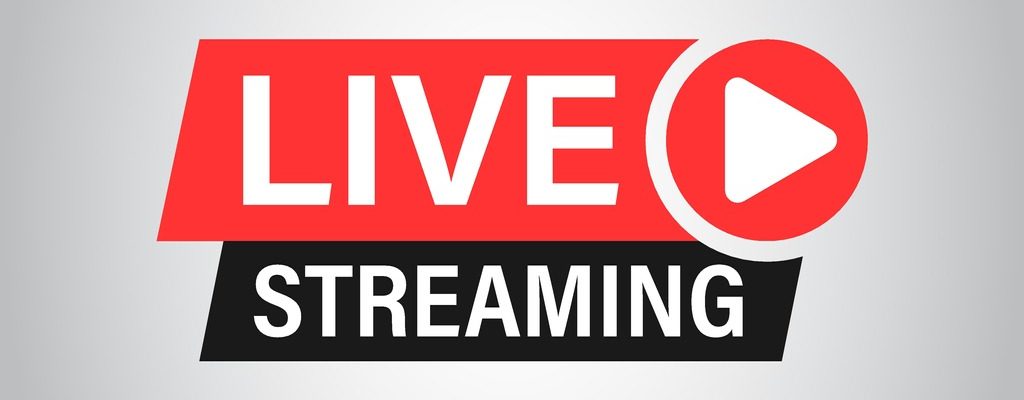In today’s digital age, live streaming concerts has become a vital avenue for artists and promoters to reach broader audiences. A Concert Live Stream Platform allows fans worldwide to experience live music events from the comfort of their homes. As the popularity of virtual events continues to soar, understanding how to set up your concert live stream platform is essential for success. This article will guide you through the entire process, from planning to execution.
1. Understanding the Basics of Live Streaming
Before diving into the technical aspects, it’s crucial to understand what live streaming entails. Live streaming involves broadcasting real-time video content over the internet, enabling viewers to watch events as they happen. For concerts, this means transmitting performances, backstage moments, and audience interactions instantaneously.
Importance of a Reliable Concert Live Stream Platform
A reliable concert live stream platform is pivotal for ensuring high-quality broadcasts. It should handle high traffic, provide seamless video playback, and offer features like chat and social media integration. Choosing the right platform can significantly impact audience engagement and satisfaction.
2. Choosing the Right Platform
When selecting a Concert Live Stream Platform, consider the following factors:
a. Features
Look for platforms that offer essential features such as:
- High-definition video quality: Ensure the platform supports HD streaming for an immersive experience.
- Multi-camera support: This allows you to switch between different camera angles, enhancing the viewing experience.
- Chat functionality: Engaging your audience through live chat can create a community feel during the event.
- Social media integration: The ability to share streams on platforms like Facebook and Twitter can help boost visibility.
b. User Experience
The platform should be user-friendly, both for the streaming team and the audience. A complicated interface can lead to technical difficulties, reducing viewer satisfaction. Test different platforms to find one that aligns with your team’s skill level and your audience’s expectations.
c. Pricing
Consider your budget when choosing a platform. Some platforms charge per event, while others offer subscription models. Evaluate the costs in relation to the features offered to make an informed decision.
d. Technical Support
Technical difficulties can arise during any live event. Ensure your chosen platform provides reliable customer support, preferably 24/7. This can be crucial in resolving issues quickly before they affect the stream.
3. Preparing for the Concert
Once you’ve chosen your concert live stream platform, the next step is preparing for the concert itself. This phase involves several key components:
a. Equipment Setup
Invest in quality equipment to ensure a professional broadcast. Essential equipment includes:
- Cameras: Use at least two cameras for varied angles. Consider DSLR or mirrorless cameras for high-quality footage.
- Microphones: High-quality audio is crucial for a successful live stream. Invest in good microphones to capture the performance clearly.
- Lighting: Proper lighting enhances video quality. Use softbox lights or LED panels to illuminate the stage effectively.
- Streaming Encoder: This device converts your video feed into a format suitable for streaming. Hardware encoders are often preferred for their reliability over software encoders.
b. Internet Connection
A stable and fast internet connection is vital for live streaming. Ideally, use a wired connection instead of Wi-Fi to minimize disruptions. Test your upload speed; it should be at least double the bitrate of your chosen streaming quality.
c. Rehearsals
Conducting rehearsals is essential to troubleshoot any potential issues. Ensure the band is comfortable with the setup and that all equipment is functioning correctly. This preparation can help identify technical glitches and improve the overall flow of the concert.
4. Promoting Your Live Stream
Effective promotion is key to attracting viewers to your concert live stream platform. Here are some strategies to consider:
a. Use Social Media
Leverage your social media channels to create buzz around the concert. Share behind-the-scenes content, teasers, and countdown posts to engage your audience. Utilize hashtags relevant to your concert to increase reach.
b. Email Marketing
Send out newsletters to your mailing list with concert details, including date, time, and how to access the live stream. Consider offering exclusive content or early access to incentivize sign-ups.
c. Collaborate with Influencers
Partnering with influencers in the music industry can help extend your reach. They can promote your concert to their followers, generating more interest and potential viewers.
d. Create an Event Page
Set up an event page on your website and social media platforms. This page should include all relevant details about the concert, including links to the live stream. Make it easy for fans to share the event with their networks.
5. Going Live
As the concert day arrives, follow these steps to ensure a smooth broadcast:
a. Final Equipment Check
Conduct a final check of all equipment. Ensure cameras, microphones, and lighting are functioning correctly. Confirm that your streaming encoder is set up and connected to the concert live stream platform.
b. Pre-Stream
Start your stream a few minutes early to allow viewers to join. Use this time to engage with the audience through a pre-show chat, setting the mood for the concert.
c. Monitor the Stream
During the concert, have a dedicated team member monitoring the stream’s quality. They should watch for any technical issues and communicate with the performers if adjustments are needed.
d. Engage with Viewers
Use the chat functionality to interact with viewers during the concert. Encourage them to share their thoughts and experiences, creating a more interactive atmosphere.
6. Post-Concert Engagement
After the concert, don’t forget to engage with your audience:
a. Thank Your Audience
Show appreciation to your viewers through social media posts and emails. Thank them for joining and encourage them to share their experiences.
b. Provide a Replay
Consider offering a replay of the concert for those who missed it. This can also serve as an additional revenue stream if you charge for access.
c. Gather Feedback
Solicit feedback from your audience to improve future live streams. Surveys can help you understand what they enjoyed and what could be enhanced.
d. Analyze Performance
Review analytics provided by your concert live stream platform. Metrics such as viewer count, engagement levels, and chat activity can provide insights into the concert’s success.
Conclusion
Setting up a Concert Live Stream Platform requires careful planning and execution, but the rewards can be significant. By following these steps, you can create a memorable experience for your audience, reaching fans across the globe. With the right tools and strategies, your concert can succeed in the digital realm, paving the way for future events.

